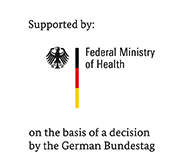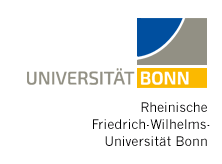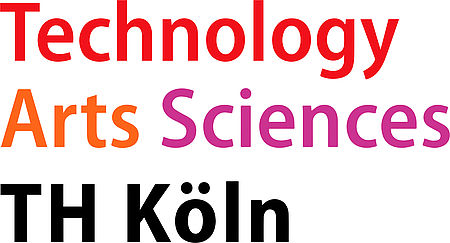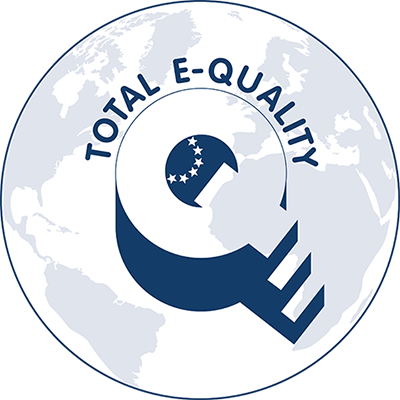Conference details
3rd Exploring DNA Repair Pathways as Targets for Cancer Therapy Conference
Organizer Name: Fusion Conferences,
Contact: Conference Manager,
admin@fusion-conferences.com,
00 44 1638 724137
Defect in DNA damage repair and checkpoint control is the underlying mechanism for tumorigenesis, since it allows the accumulation of multiple genetic alternations, which are essential for the initiation of tumorigenesis. This has been clearly illustrated to be the cause of several human cancer-prone syndromes and also revealed by recent human genome studies. On the other hand, defective DNA repair and checkpoint activation also make cancer cells more vulnerable for particular DNA damaging agents or inhibitors that specifically disrupt some of these checkpoint pathways. With the increasing understanding of defects in DNA repair and checkpoint control in tumorigenesis, there are extensive interests in exploring these deficiencies, especially taking advantage of the synthetic lethality concept and targeting particular DNA repair and checkpoint pathways for cancer therapy. The purpose of this conference is to bring together basic, translational and clinical investigators and discuss the current and future directions, opportunities and obstacles in the development of these anti-cancer modalities and how to best apply these concepts in clinical practice.
Key Sessions
- Highlight recent advances in the field of DNA damage repair
- Identify novel targets in DNA repair and checkpoint pathways
- Explore the concept of synthetic lethality for cancer treatment
- Assess the therapeutic potential of new anti-cancer modalities
- Learn mechanisms of therapeutic resistance and ways to improve cancer therapy
Scientific chairs: Junjie Chen and Helen Piwnica-Worms from The University of Texas MD Anderson Cancer Center












